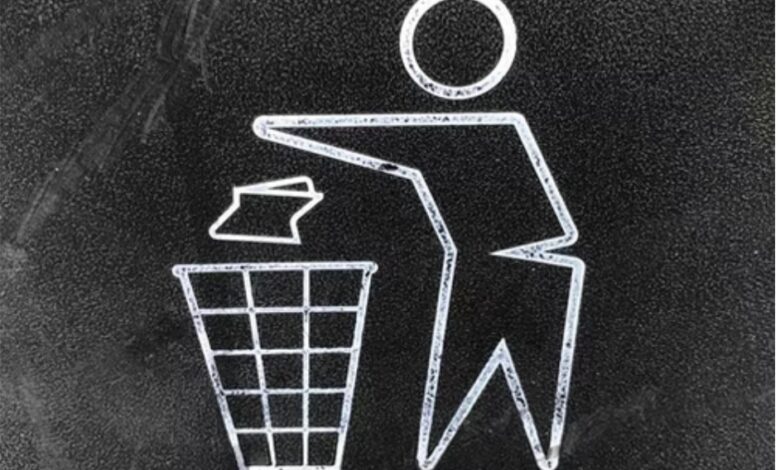Amazing Advice That Will Help You Reduce Food Waste

Like most Americans, you probably throw away a lot of food every year. The average American family wastes about 40 percent of the food they buy. That’s a lot of money and resources down the drain. But it doesn’t have to be this way. You can do plenty of simple things to reduce food waste in your home. It’s time to start getting more out of your food and saving money. Although it can be challenging to change your habits, it’s important to try. After all, every little bit counts when preserving our resources. Here are some fantastic tips that will help you reduce food waste.
Shop Smart
Plan your meals for the week and make a list before grocery shopping. This will help you avoid buying things you don’t need and ultimately reduce the amount of food waste you produce. The average American family of four throws out around $1,500 worth of food each year. It’s time to put a stop to this costly and wasteful habit. This doesn’t mean you have to be perfect, but making a few simple changes can make a big difference.
Store Food Correctly
The first step to reducing food waste is to ensure that you store your food correctly. This means keeping fruits and vegetables in the crisper drawer of your refrigerator, meat in the freezer, and dry goods in airtight containers. By taking care of your food and keeping it fresh, you’ll be less likely to let it go to waste. The best way to keep track of what needs to be eaten first is to write the purchase date on each item with a permanent marker. It’s also helpful to make a weekly meal plan to know exactly what you need to use up.
Make Use of Your Freezer
One of the best ways to reduce food waste is to use your freezer. In some cases, freeze-drying foods can help them last up to 25 years. This technique removes all the water from food, preventing bacteria from growing and causing spoilage. If a freeze dried food product is properly packaged, it can last very long without going bad. Many different types of freeze-dried foods are available on the market today, including fruits, vegetables, meat, and fish. You can even find freeze-dried ice cream. Freeze drying is a great way to preserve food for long-term storage.
Keep Your Serving Sizes in Check
One of the most common ways that people waste food is by serving themselves too much and then being unable to finish what’s on their plates. An easy way to avoid this is to be mindful of your portion sizes. When you’re cooking at home, make sure to measure out the servings so that everyone gets the right amount. And when you’re eating out, don’t be afraid to ask for a to-go box if your eyes are bigger than your stomach. It’s better to have leftovers that you can enjoy later than to let good food go to waste.
Plan Your Meals
Another way to reduce food waste is to plan your meals ahead of time. This way, you can ensure you’re only buying the ingredients you need and won’t have anything left over. You can also look up recipes that use ingredients you already have, so you don’t have to buy anything new. It may take extra time to plan your meals, but it’s worth it in the long run. More so if you’re trying to save money. You should also check your pantry and fridge before grocery shopping to know what you need to buy and what you already have.
Compost If You Can
Composting is a fantastic way to reduce food waste. If you have the space, set up a compost bin in your backyard or balcony. If you don’t have the space, find a local community garden that will take your kitchen scraps. You can also look into vermicomposting, which is composting using worms. This may be the way to go if you live in an apartment. It’s easy, doesn’t take up much space, and the worms do all the work for you. The only downside is that you won’t be able to use the compost in your garden. However, you can always donate it to a local community garden. This is a great way to reduce food waste and help the environment simultaneously.
In conclusion, following the advice in this article will help you significantly reduce the amount of food waste produced in your home. You can avoid wasting food by being more mindful of what you cook and how much you cook. In addition, by composting your kitchen scraps and using them to fertilize your plants, you can further reduce the waste produced in your home. Finally, by donating excess food to local food banks or shelters, you can help those in need while reducing food waste. Implementing these practices will not only help reduce the amount of food waste produced in your home but will also help reduce the overall amount of food waste produced worldwide. Together, we can make a difference in the fight against food waste.



